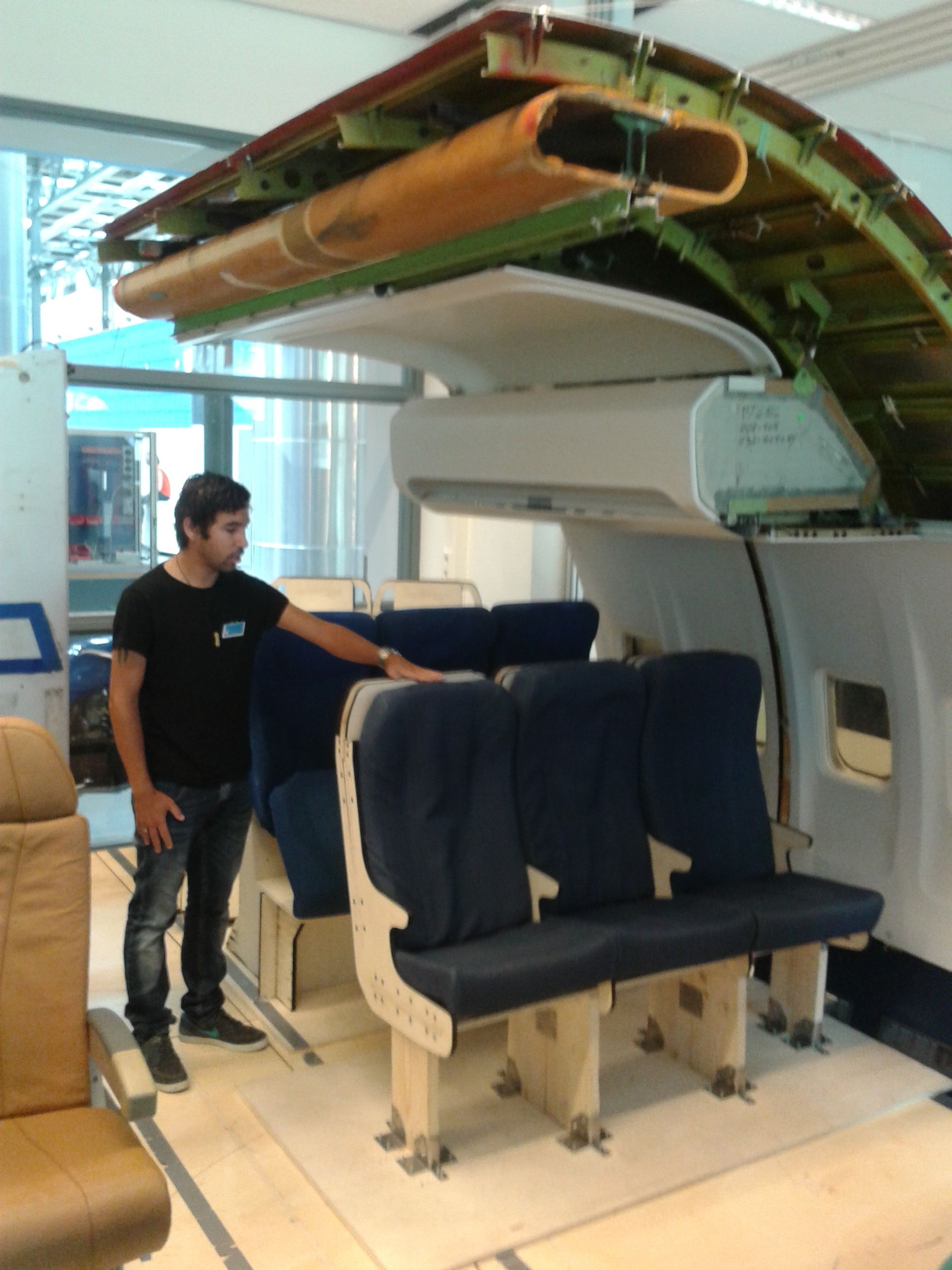The TU Delft Faculty of Industrial Design Engineering (IDE) hosted a symposium on passenger comfort on July 7, 2015.
During the symposium, leading academic researchers and industry experts from around the world discussed the latest developments in passenger comfort and design.
The symposium, organized by Suzanne Hiemstra-van Mastrigt and her promoter, Dr. Peter Vink, was held one day after Hiemstra-van Mastrigt defended her thesis on the topic of comfortable passenger seats.
As methods of transportation continue to evolve, passenger comfort is becoming increasingly important to travelers. According to Hiemstra-van Mastrigt, the seat is an important feature of every vehicle interior as it is the interface with the passenger for the majority of the journey. But she said the environment and pre-travel experience play an important role in the passenger comfort experience as well. Furthermore, she said that improving passenger comfort requires knowledge about how human, contextual and seat characteristics can influence their comfort experience.
Symposium presenters talked about topics including methods for objectifying postural comfort, a framework for economy class passenger comfort, and comfort and safety in the cabin. On the latter topic, Dr. Udo Schultheis (Zodiac Aerospace) discussed how comfort can improve safety. He proposed that if passengers feel uncomfortable they are more likely to feel anxiety or fear. Dr. Dianne McMullin, Human Factors Specialist with Boeing in the US, talked about how factors and features on an airplane can impact comfort and discomfort. She explained that Boeing researchers have created a model to calculate value for an airline by examining these things.
Also featured during the event was an exposition of recent projects of TU Delft graduating students and PhDs. In the IDStudioLab students demonstrated several projects related to improving comfort and space with airplane seats. Examples were prototypes of an ergonomically designed seat and a uniquely designed folding seat that, when tested, has shown to provide more space and reduced times while boarding/de-boarding the plane.
Attendee Stefan Akkerman (IDE MSc student) said the event was productive and inspiring. “I have seen a lot of theoretical models and a scientific approach that I have never seen before,” he said. Nearing his graduation project, Akkerman said that he will likely work on something related to passenger comfort. “One of the reasons I came today was to get some insight and it has definitely given me more insight on the subject.”



Comments are closed.